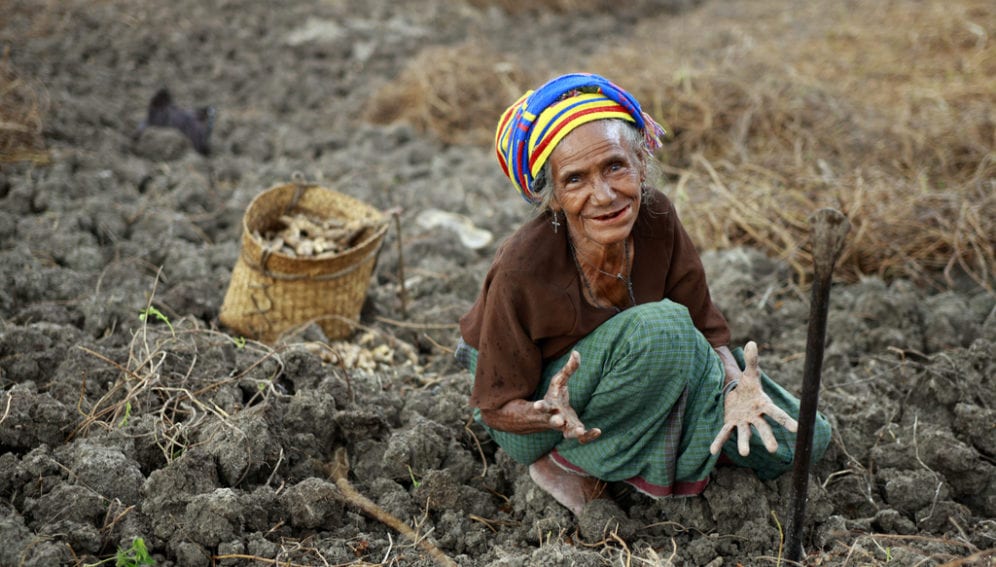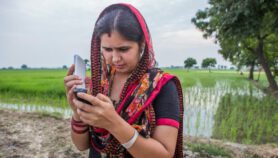By: Ione Bingley
Send to a friend
The details you provide on this page will not be used to send unsolicited email, and will not be sold to a 3rd party. See privacy policy.
GDNet’s online resources are set to be saved from deletion when the Egypt-based knowledge hub on global development shuts its doors in June.
GDNet’s Cairo base is due to close in three months when its four-year contract with the United Kingdom’s Department for International Development (DFID) ends.
This will result in the loss of the online profiles of GDNet’s 20,000-plus members, unless the members reregister with parent organisation the Global Development Network (GDN), in New Delhi, India, to maintain the research community and their expertise.
As part of its exit strategy, however, GDNet plans to hand its data sets and research summaries to UK charity the Institute of Development Studies (IDS). This will form part of IDS’s Global Open Knowledge Hub programme that aims to improve the availability and accessibility of development research. The knowledge hub is also funded by DFID.
A spokesperson for DFID tells SciDev.Net: “DFID is committed to making Southern research accessible and we are working with our partners to ensure the information on GDNet’s Knowledgebase [web portal] remains in the public domain.”
“We had prepared for this to ensure that GDNet, as a substantial repository of Southern knowledge, remained in the public domain.”
Sherine Ghoneim, GDNet
Sherine Ghoneim, GDNet’s director, tells SciDev.Net that all initial funding was earmarked to be spent between 2010 and 2014. She added that the organisation had tried to secure funding beyond this year, but donor budgets are being squeezed in the current economic climate.
“It was not news to us that the programme was coming to a close,” she says. “We had prepared for this by investing from midway through the programme in open data and building partnerships to ensure that GDNet, as a substantial repository of Southern knowledge, remained in the public domain.”
GDNet focused on knowledge sharing and networking primarily to improve researchers’ ability and confidence in communicating their findings with policymakers, as seen in its Connect South initiative.
Although most of the network’s services will be made available through IDS and GDN, Ghoneim fears fragmentation will reduce the efficacy of those services and resources.
“To pull together similar expertise with a similar passion and commitment to deliver the same mandate is going to be extremely difficult to any organisation. It’s not just technology, it’s not just the knowledge, it’s the people behind it,” Ghoneim says.
Communications firm CommsConsult has worked with GDNet on several projects and is disappointed to see it disappear.
“It’s a shame because it felt like GDNet was just starting to really push on and deliver things quite strongly,” says Andrew Clappison, spokesman for CommsConsult. “GDNet came on the back of a really strong, important focus around enhancing and improving and building the capacity of the way researchers communicate their research and they have done some fantastic work over the years.”














